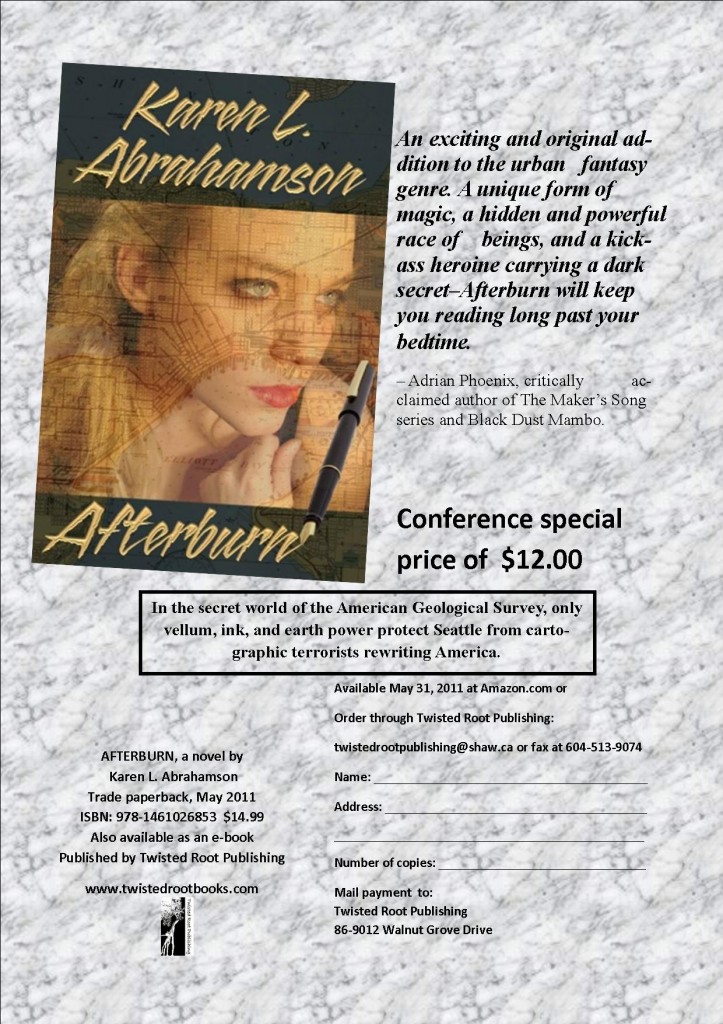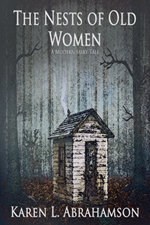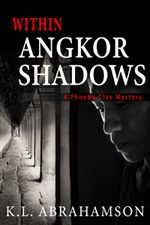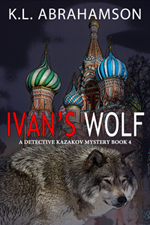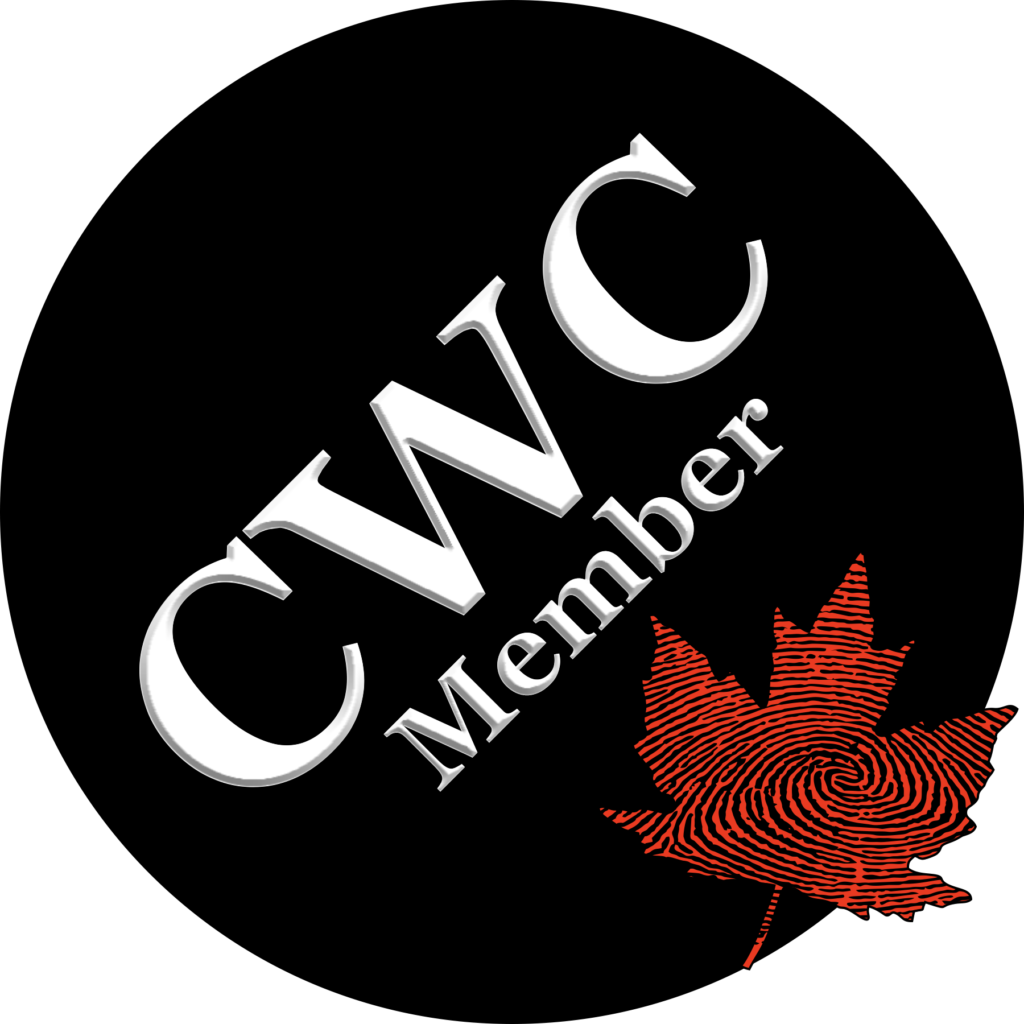Who Are These Readers of Which You Speak? Blogging as Social Marketing

I’m going to end this marketing series (well if something else comes up, I’ll add it later, but next week I’m going to start blogging about my writing) talking about blogging. Not that I’m an expert by any means, but blogging seemed like the kind of social marketing I could control and manage, so I’ve done regular posts since January. Those posts were about prepping for my trip to Peru, about my wild and wooly Bengal cats, about my trip to Peru and then about marketing. All of them have been fun to write and hopefully you’ve enjoyed them, too, but I wanted to spend this post talking about how blogging has worked in terms of social marketing and what I’ve learned over the past eight months.
Has blogging lead to an increase in traffic to my site? Resoundingly, yes, when I check the analytics. However whether it was the right kind of traffic, I can’t say. I’ve certainly been spammed more. I’ve also had more comments, especially during the Branding Your Book blog, and during my trip to Peru. But the latter came with pretty pictures, so I’m putting the traffic down to that and the fact that maybe people were interested in my misadventures in Peru.
I suppose any increase in traffic to your website is a good thing as long as your titles are front and centre on your website, but I’ve been doing a lot of thinking lately about who am I actually drawing to the website with my blog. I mean who are these people who come and check out what I have to say?
I can’t be sure who was reading my blog when I was prepping for Peru and when I was travelling there. Some, I know, were friends and acquaintances, or friends of friends. All good, because blogging is a social enterprise. But who has been reading my posts about marketing? I’d guess, from who made comments, most likely other writers. Are these my target audience? Well, for a marketing blog, I’d say yes. But this raises three thorny questions I guess I should have thought of way back when:
1. Why am I blogging?
2. Why do I have a website? and
3. Who do I want to read my blogs?
I’ll come clean here: I had never really given thought to having a website or blog or any other marketing matter until it became clear that, before acquiring a manuscript, New York editors were checking out new authors to see if they had an online presence. It was okay if you had a website. It was better if you had a blog and a following on twitter and facebook. With the advent of indie publishing, this presence became even more important as a means to draw people in so that they would consider your books. The website was the most important place to promote your books and writing. So my question is, if my website and blog are to promote my writing, are they attracting my intended audience of potential readers?
The answer? Maybe. Maybe a potential reader might be interested in book marketing, but I think not so much.
What might a draw a potential book reader in?
Here’s my possible list:
1. Topics of personal interest to them. A Y.A. reader of books like Twilight might be interested in blogs about teen romance. They might also be interested in books that take place in a high school, or books about loner characters because, let’s face it, we all feel alone in high school. Interest might also be there for blogs about the challenge of being strong and independent when social pressures push young people to be anything else.
2. Other topics that interest readers – Again, using Y.A. readers as an example, issues of social justice and fairness, possibly environmental issues, issues of social exclusion, dealing with boy/girl-trouble etc. This list may, or may not, be different for Fantasy readers. Blogs on characters who are loners and who have special powers. Blogs on magic systems or magical creatures might have equal appeal.
3. Topics related to your writing – While any of the above topics can be related to your novels, topics related to your writing would focus on matters that relate to how you write. For example, how you built the world you are writing in; writing about the research process and interesting information you come across; writing about your writing process and challenges.
4. Topics relating specifically to your books – this would include writing about the locales where your books take place; ideas that led to the book, or ideas that were considered and discarded; or more information about your characters.
5. Personal information – like my blogs about my cats, readers enjoy knowing more about you and what makes you tick.
So my blogs over the next while are going to focus on what I think readers might enjoy and not totally on my fellow writers. That said, I have to say one of the more inspirational blogs to me is one written by fellow author Matt Buchman who talks (inspirationally) about where he draws his inspiration from. His blogs are great reads for anyone, reader or writer.
So as a reader, what topics would you like to see blogs about? As a writer, what do you like to blog about?

